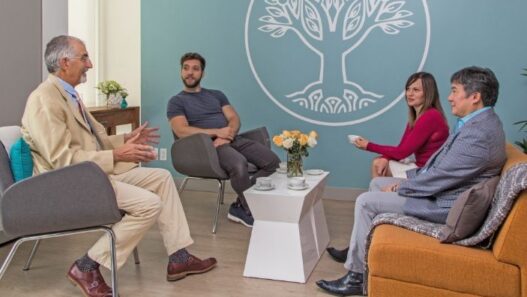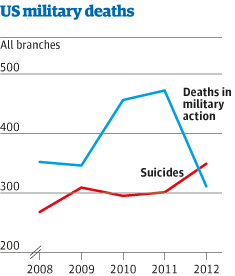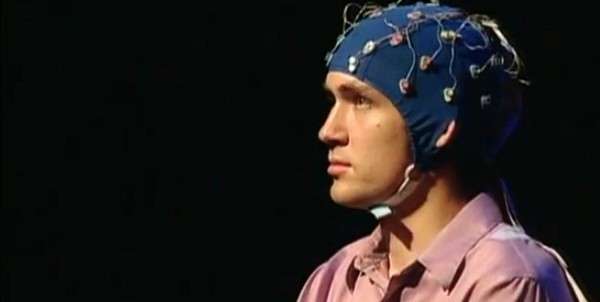When a middle school student asked Jerry Yellin, a WWII veteran, whether he was wounded in the war, he replied: “Yes, I was wounded, seriously wounded, but it was not a wound that anyone could see and fix.”

Genre: non-fiction
Length: 142 pages
Authors: Jerry Yellin, Sarina Grosswald
Published: 2011
Invisible wounds of war
Nowadays, doctors and scientists are able to understand and ‘see’ – using their high-tech machines – the brain mechanisms involved in such wounds. They even have a name for it: Post Traumatic Stress disorder (PTSD).
As a result of chronic and/or intense stress, the part of the brain which detects threat starts working overtime and increases in size. Areas responsible for planning, emotional control, learning and memory switch off and shrink over time.
It has been estimated that 35 to 40% of those who have served in the US Armed Forces since 2003 suffer from PTSD. That makes tens and tens of thousands of men and women in the deepest pits of stress and depression…
Tragic stories, happy endings

- Deaths in US Army — casualties on the battlefield vs suicides. Source: The Guardian
The Resilient Warrior, a book written by the 87-year old Jerry Yellin and scientist Dr. Sarina Grosswald, puts a human face on these overwhelming numbers.
When reading this book, it is a good idea to keep a box of tissues within reach. Firstly, Jerry’s gift for storytelling makes you really feel the pain caused by PTSD in soldiers. Life becomes a tragedy for the individual, and for all of his or her loved ones.
Fortunately, most of the real life stories told in this book have a happy ending.
That’s the part when the reader once again grabs for the tissue to wipe away the tears cried with joy. Veterans recall how the practice of Transcendental Meditation – a simple technique to help the brain return to a normal, balanced function – turns things around 180 degrees.
Veterans start to sleep normally, quit abusing alcohol and drugs, regain the ability to enjoy their lives and be the good husbands, wives, brothers, sisters, sons, daughters and friends who they always wanted to be.
Operation Warrior Wellness
There are stories which have a sad ending, like that of Dory Klock. Dory had served in Bosnia and was suffering from PTSD, had problems adjusting to civilian life and was battling with addictions. He had a wife and two daughters. One day, Jerry received a phone call from Dory’s mom, Lin, who was asking for help – her son had committed suicide and she was hoping Jerry would help her pin his medals and ribbons on his dress uniform for the burial.

Yet, even this tragic tale has a silver lining: as a result of this experience, Jerry Yellin reached out to Bob Roth, the executive director of the David Lynch Foundation, to talk to him about alleviating the suffering of veterans from PTSD by teaching them Transcendental Meditation.
This was the beginning of lots of happy-ending stories, as the foundation expanded its mission to include Operation Warrior Wellness.
Operation Warrior Wellness is now bringing the stress-reducing Transcendental Meditation technique to 10,000 veterans, military personnel and their families across the US. Jerry Yellin is confident that this is a turning point in the fight against PTSD.
“When you regularly activate the brain circuitry that creates feelings of happiness, stability, and freedom, those experiences predominate, and the unpleasant memories start to weaken. They never go away, but they fade far into the background. And with Transcendental Meditation, this happens naturally and spontaneously.”
VIDEO: Jerry Yellin shares experiences from his time working as a fighter pilot in WWII, and how Transcendental Meditation (TM) helped him heal the wounds of war
Video by The David Lynch Foundation




















